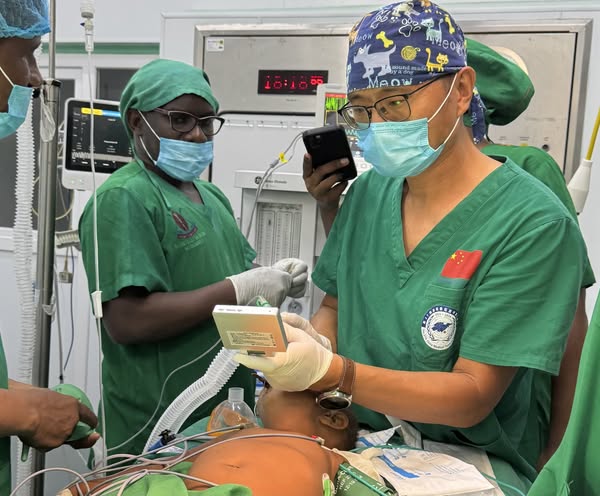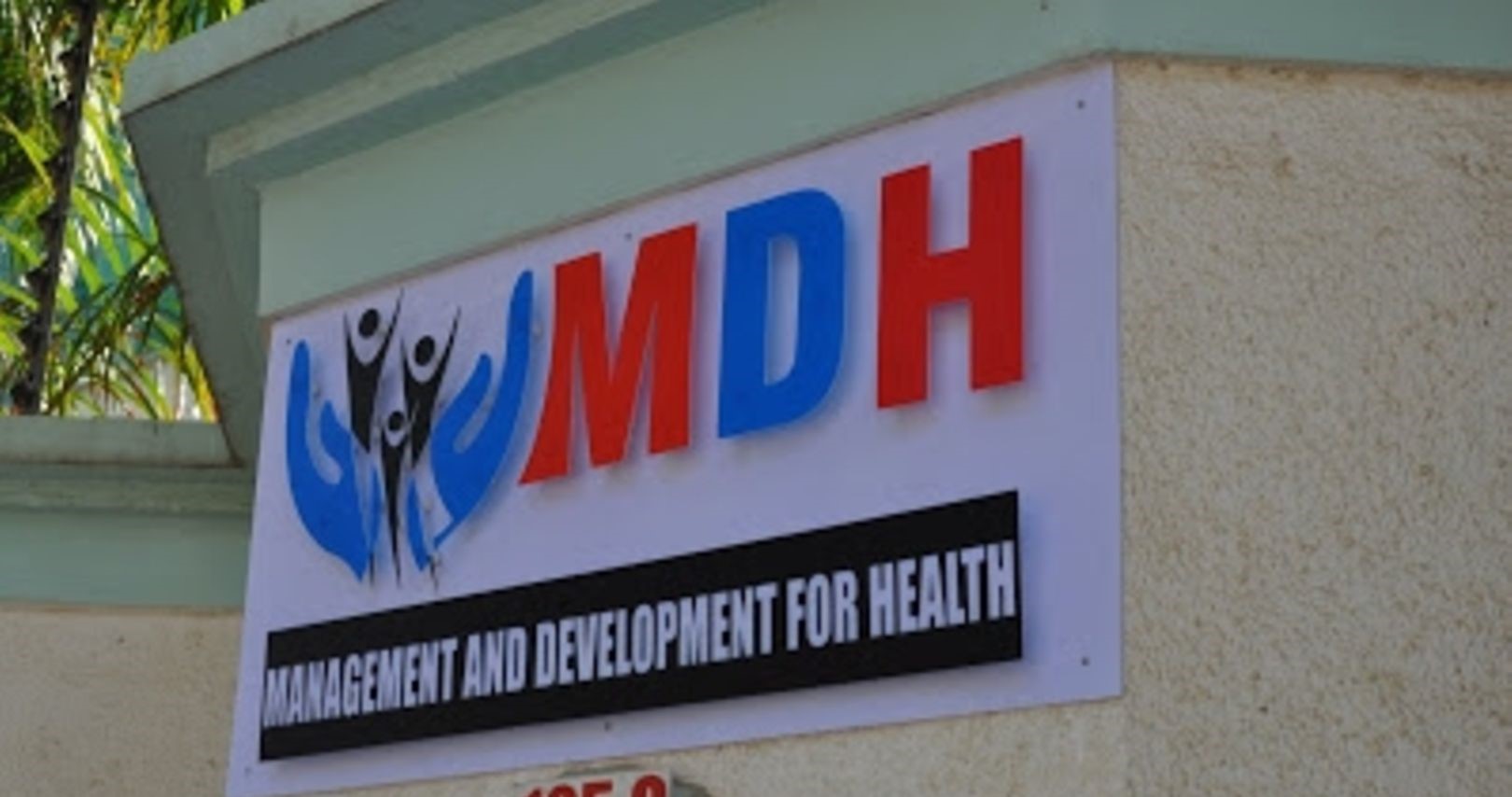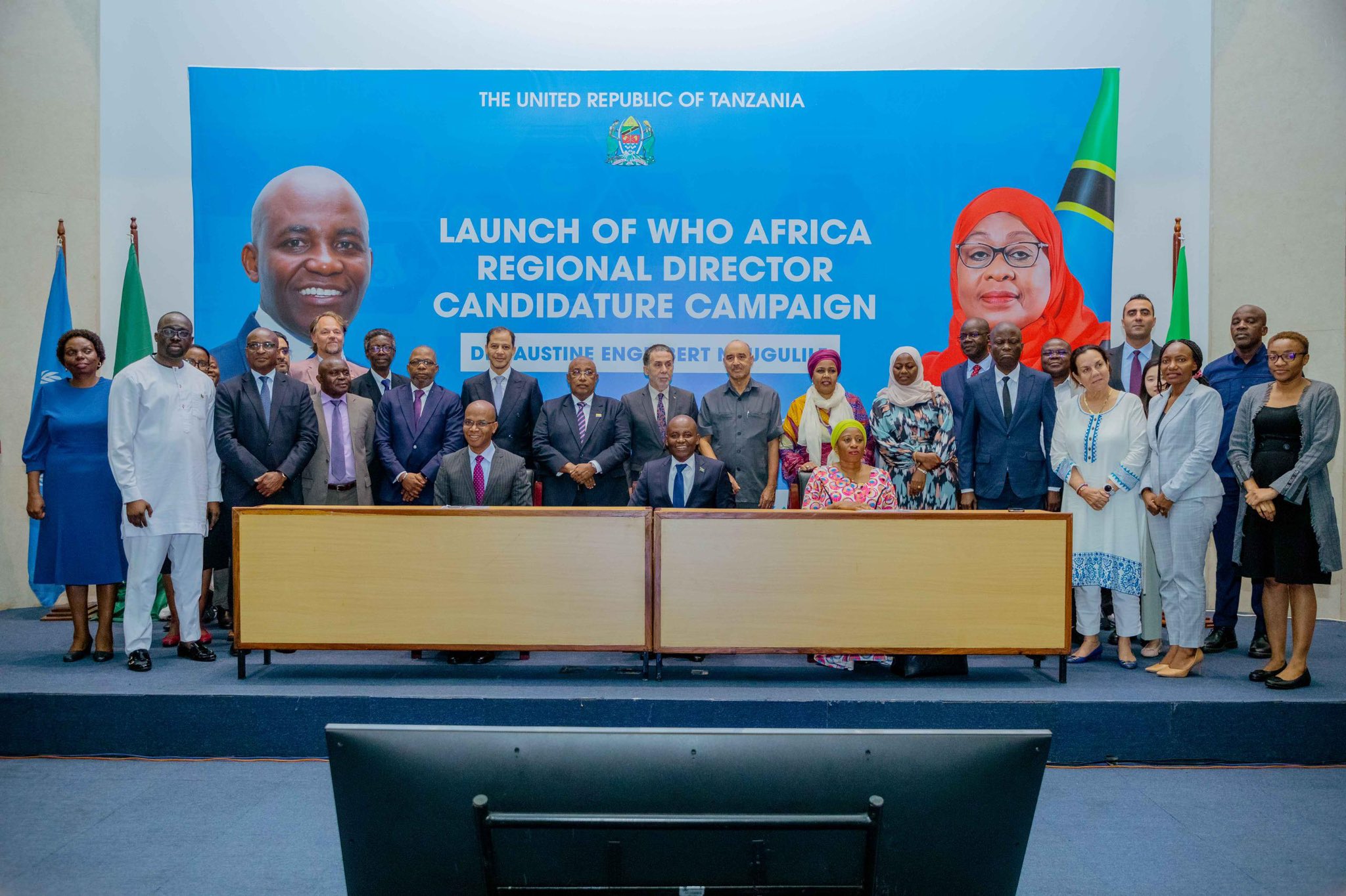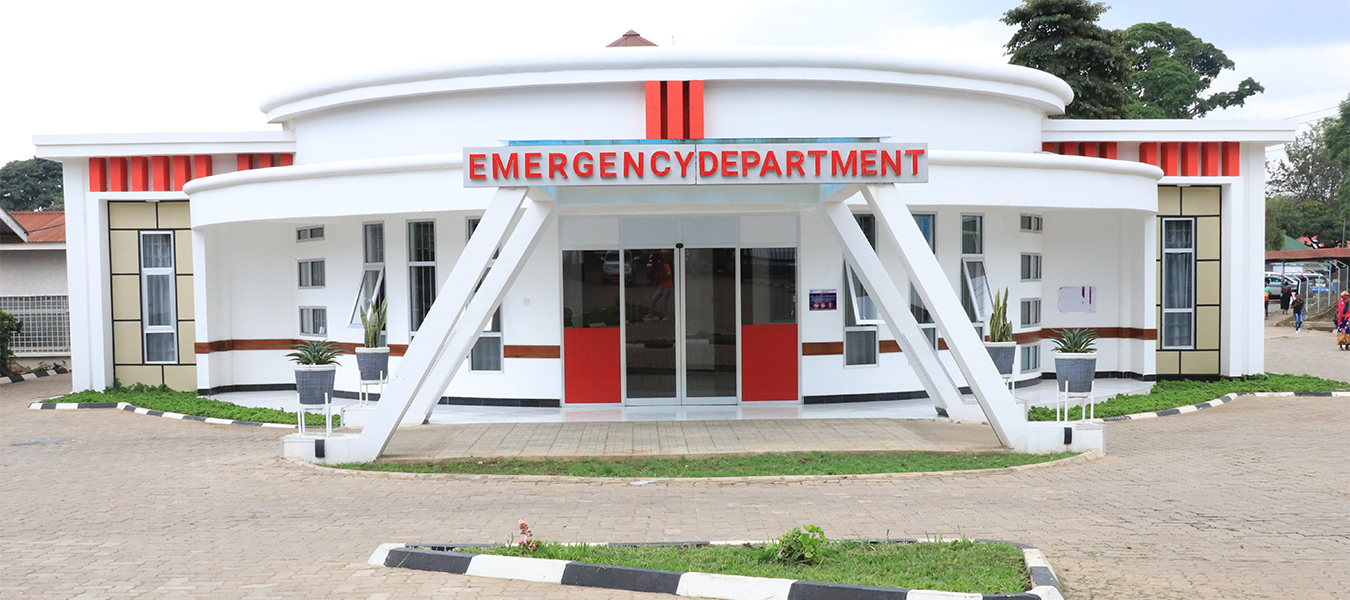In a sudden turn of events, the new prices set by the National Health Insurance Fund (NHIF) which were set to be implemented from 1st January 2024 have been suspended until further notice.
This comes after a one-day meeting between the Minister of Health Ummy Mwalimu, and private health stakeholders: Christian Social services Commission (CSSC), Association of Private Health Facilities in Tanzania (APHFTA) and BAKWATA.
This suspension follows a threat by private hospitals to boycott NHIF card holders, necessitating roundtable talks with the Minister on 4th January 2024.
Also Read: Why NHIF Is Trapped In Endless Price Wrangles With Private Hospitals
The representatives of the private sector in the country met with Hon. Ummy Ally Mwalimu, Minister of Health, accompanied by Principal Secretary of the Ministry, as well as the leadership of NHIF.
After extensive discussions, the Minister of Health issued instructions that the new NHIF medical package should not be used until the Ministry issues instructions after further discussions with the private healthcare sector.
In addition, the Minister will establish an independent commission to review the prices of the NHIF health services package.
Why the Standoff?
The standoff between NHIF and private hospitals is not new. In 2016, a similar scenario created uproar when NHIF issued indicative prices for accessing medical services in health facilities across the country. Private hospitals protested against the amendments, citing high costs of running their facilities.
This year, the bone of contention is the same. APHFTA has raised concerns about delayed payments of more than three months and very high deductions (5 to 40% of the monthly bill) without proper verification, leading to financial strain on private health faci8lities.
Other Issues at Play
Apart from the pricing issue, APHFTA has also highlighted other concerns:
Multiple healthcare fees: The association is against the multiple fees charged in the healthcare sector, some of which violate the instructions of the Prime Minister’s Office through the “BLUE PRINT”. The Blue Print states that the Private Hospital Advisory Board (PHAB) and the Private Health Laboratory Board (PHLB) are to be merged under one registrar by 2022. However, efforts are underway to keep PHLB in existence, increasing the financial burden on health facilities.
Ultrasound fee: The imposition of a new ultrasound fee by the Radiation Board (Tanzania Atomic Energy Commission, TAEC) on non-radioactive portable devices has also drawn flak from APHFTA. The association believes the fee is unjustified and will increase the cost of treatment, especially for pregnant women.
Impact on Quality of Care
Stakeholders are concerned that the new NHIF packages have sidelined the private sector, which has been leading in technological innovations and quality of care. There were fears that some private hospitals may pull out of NHIF, increasing the burden on public and FBO health facilities and widening the access gap.
The reduced consultation fees for specialists and super-specialists at the national and zonal level may also impact service quality at these levels. Doctors at these levels receive referrals from lower levels due to their expertise and equipment. Maintaining their services under the new packages may be challenging.
The NHIF Dilemma
NHIF was established as a “social solidarity fund,” not an insurance company. However, accrediting private hospitals as service providers has changed the way the NHIF card is viewed. While this has improved the scope of services available to NHIF members, it has also led to issues like fraud and over-utilization of services.








